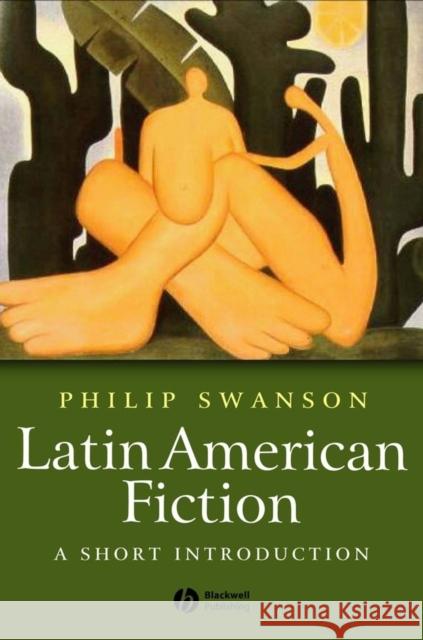Latin American Fiction: A Short Introduction » książka
topmenu
Latin American Fiction: A Short Introduction
ISBN-13: 9781405108669 / Angielski / Miękka / 2004 / 168 str.
This book introduces readers to the evolution of modern fiction in Spanish-speaking Latin America.
- Presents Latin American fiction in its cultural and political contexts.
- Introduces debates about how to read this literature.
- Combines an overview of the evolution of modern Latin American fiction with detailed studies of key texts.
- Discusses authors such as Mario Vargas Llosa, Gabriel Garcia Marquez, Jorge Luis Borges and Isabel Allende.
- Covers nation-building narratives, 'modernismo', the New Novel, the Boom, the Post-Boom, Magical Realism, Hispanic fiction in the USA, and more.











